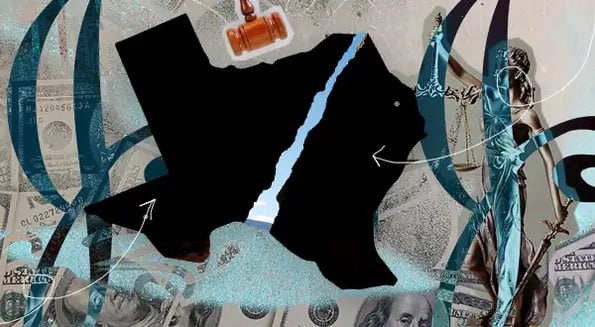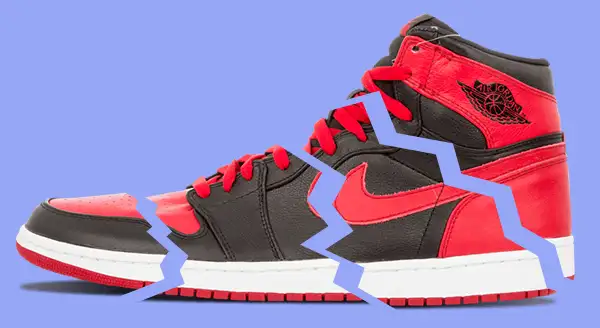The Texas two-step is a dance. But it’s also a bankruptcy maneuver, legal in Texas, that some US legislators want to outlaw.

The backstory
Johnson & Johnson is facing 38k+ lawsuits alleging that its talc baby powder led to medical issues including ovarian cancer and mesothelioma. (You’ve probably seen the commercials…)
Documents examined by Reuters, some dating back decades, showed that J&J’s talc occasionally tested positive for asbestos and that the company didn’t tell the public or regulators.
J&J disagrees, claiming its talc baby powder is safe, and plans to appeal cases in which jurors have already awarded money to plaintiffs.
Meanwhile in Texas…
Texas defines mergers as either 2 companies coming together or one company splitting up — that’s called a divisive merger.
The so-called two-step has, well, 2 steps:
Step 1: A company goes to Texas and splits into 2 or more new companies. One gets the assets, the other the liabilities. In this case, J&J — headquartered in New Jersey — spun off a new subsidiary in Texas called LTL Management last fall, shielding J&J’s assets.
Step 2: The company with the liabilities files for bankruptcy, which LTL did.
Now what?
Attorneys representing the LTL plaintiffs filed a motion to dismiss LTL’s bankruptcy, calling it an abuse of bankruptcy laws that could encourage other companies to do the same.
But last week, a US bankruptcy judge threw out that motion, saying that a court-supervised trust settlement agreement would be better and faster for plaintiffs than jury trials. LTL has already established a $2B trust to resolve claims.
For now, however, most lawsuits will go nowhere while a settlement is negotiated.
As for the fate of the two-step…
… some lawmakers want to end it, including Illinois Sen. Dick Durbin who called it a “get-out-of-jail-free card for some of the wealthiest corporations on earth” — J&J’s market cap is ~$430B — and says a draft bill is forthcoming.










